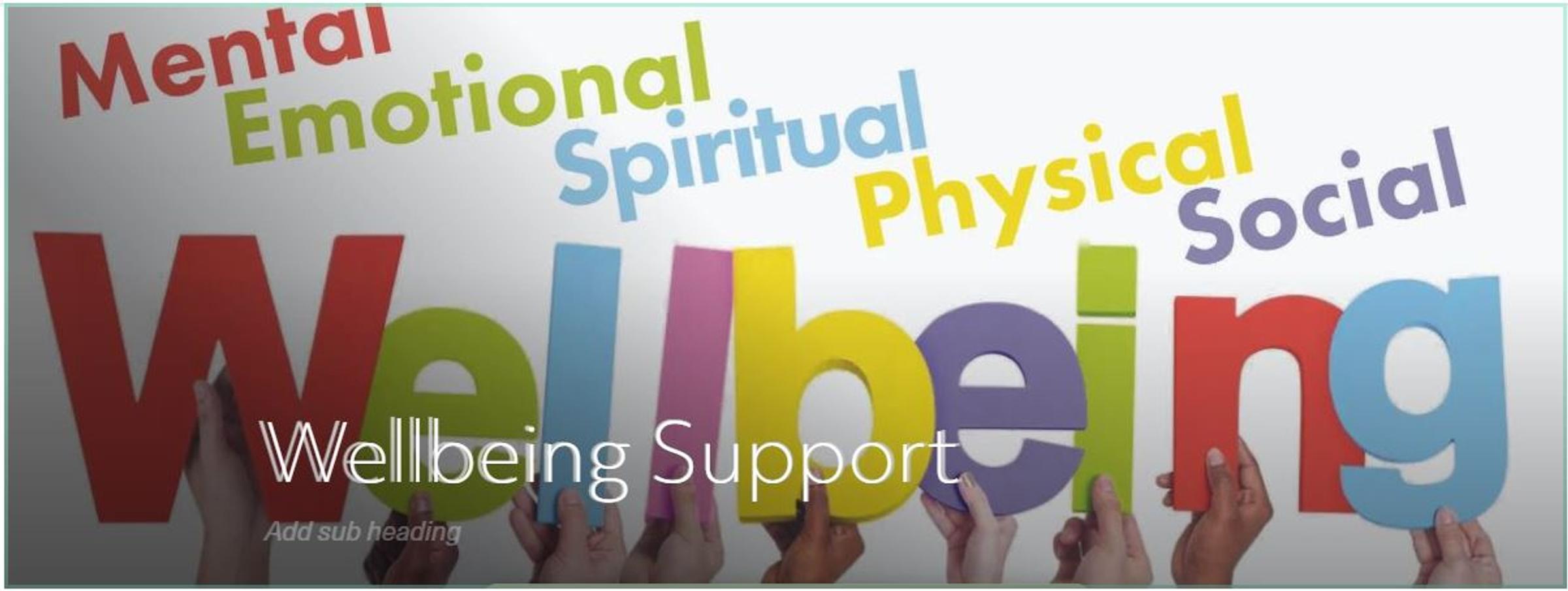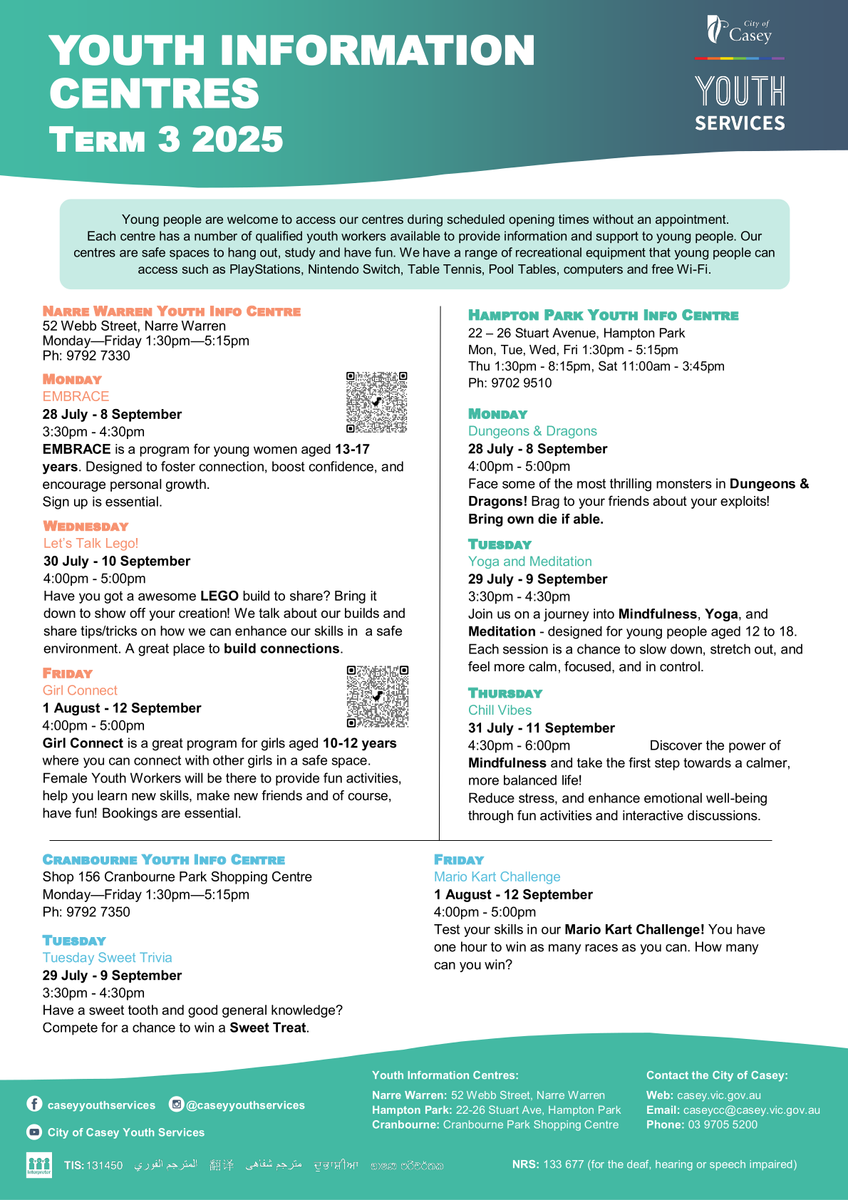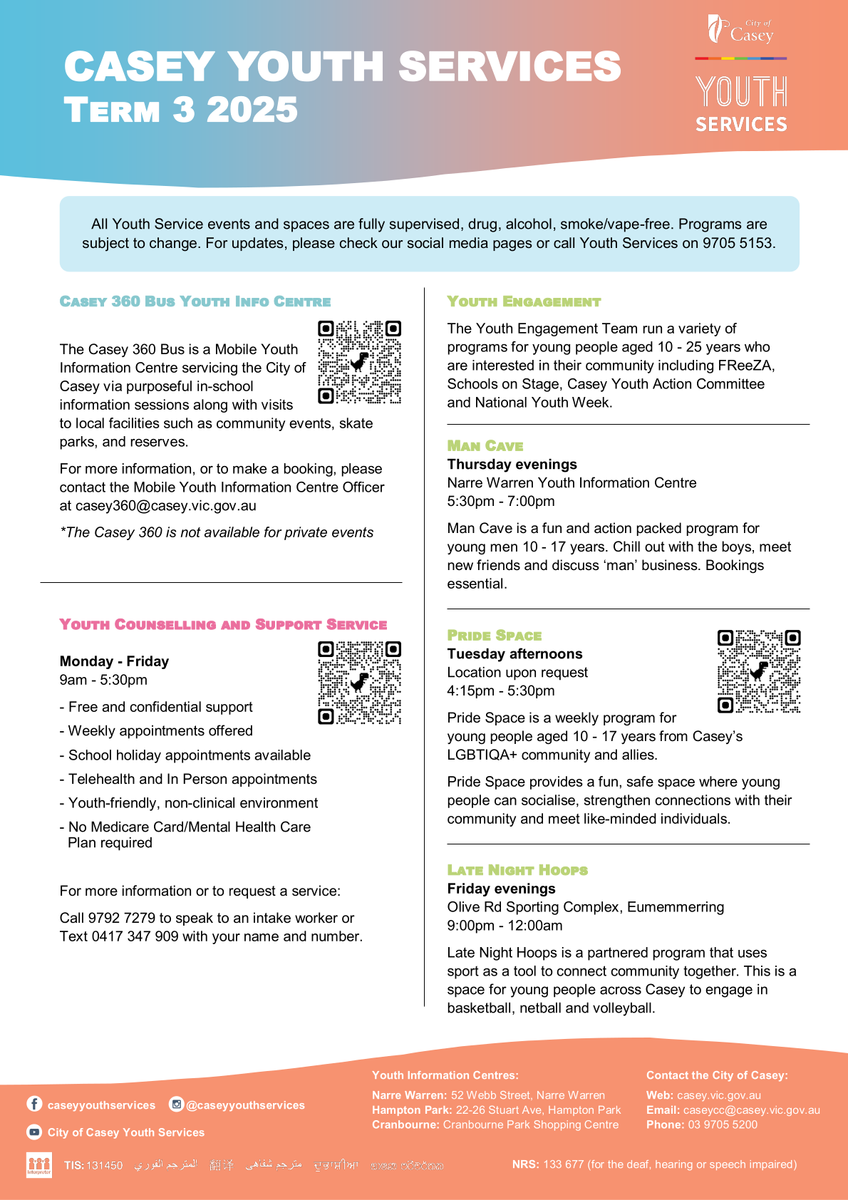Wellbeing

Navigating Friendship & Conflict
Friendship is one of the most powerful forces in a young person’s life. Whether it’s your best friend since primary school, a new connection through sports, or a group chat that makes you laugh after a hard day—friendships shape how we grow, feel, and see the world. But even the best friendships face challenges. Conflict is natural—and it doesn’t have to mean the end of the relationship. In fact, it can be an opportunity to grow.
Why Friendship Matters (Especially in the Teen Years)
Psychologists have found that friendships in adolescence are crucial for emotional development. Strong peer relationships help teens:
● Build self-esteem
● Practice empathy
● Develop communication skills
● Feel a sense of belonging
In other words, friendships aren’t just fun—they’re foundational to who we are becoming.
What Causes Conflict in Friendships?
Even close friends will sometimes clash. Common causes of conflict include:
● Miscommunication (e.g., tone in texts or assumptions)
● Feeling left out or replaced
● Jealousy or insecurity
● Differences in values or boundaries
● External stress (like school, family drama, or social pressure)
The good news? Disagreements don’t have to destroy a friendship. They can deepen it—if handled with maturity and care.
How to Resolve Friendship Conflict
Here are a few psychology-backed tips to help teens and families support healthy conflict resolution:
1. Pause & Reflect
Before reacting, take a breath. Ask yourself:
● What am I really feeling?
● Is this about the person, or something else going on in my life?
Self-awareness is the first step to healthy communication.
2. Talk It Out (Not Type It Out)
Text fights rarely go well. Face-to-face or phone conversations allow for tone, facial expressions, and empathy. When you're ready, say something like:
“I care about our friendship, and I feel hurt/confused about what happened. Can we talk about it?”
3. Listen to Understand
Instead of planning your response while the other person is talking, really listen. Use phrases like:
● “I hear you…”
● “That makes sense…”
● “Thanks for explaining that.”
Empathy softens hearts and opens doors.
4. Own Your Part
No one’s perfect. If you made a mistake, admit it. “I’m sorry I said that. I was upset, but I shouldn't have spoken that way.” Owning your actions builds trust.
5. Set Healthy Boundaries
Sometimes, conflict reveals patterns that need adjusting—like needing space, clearer communication, or more respect. Setting boundaries isn’t rude; it’s responsible.
Tips for Families: How to Support Your Teen Through Friendship Challenges
● Validate their feelings. “That sounds really hard. I can see why you're upset.”
● Avoid taking sides too quickly. Encourage your teen to reflect and seek understanding.
● Model healthy conflict by showing how you handle disagreements at home.
● Remind them it’s okay to outgrow some friendships—not all relationships are meant to last forever, and that’s a normal part of growing up.
Final Thought
Friendships during the teen years are like a mirror—they show us who we are and who we’re becoming. Learning how to navigate conflict with honesty and grace is one of the most important life skills a young person (and family) can develop.
So when things get messy—don’t panic. Lean in, listen well, and grow stronger together.
Wellbeing Team
St Peter's College.


